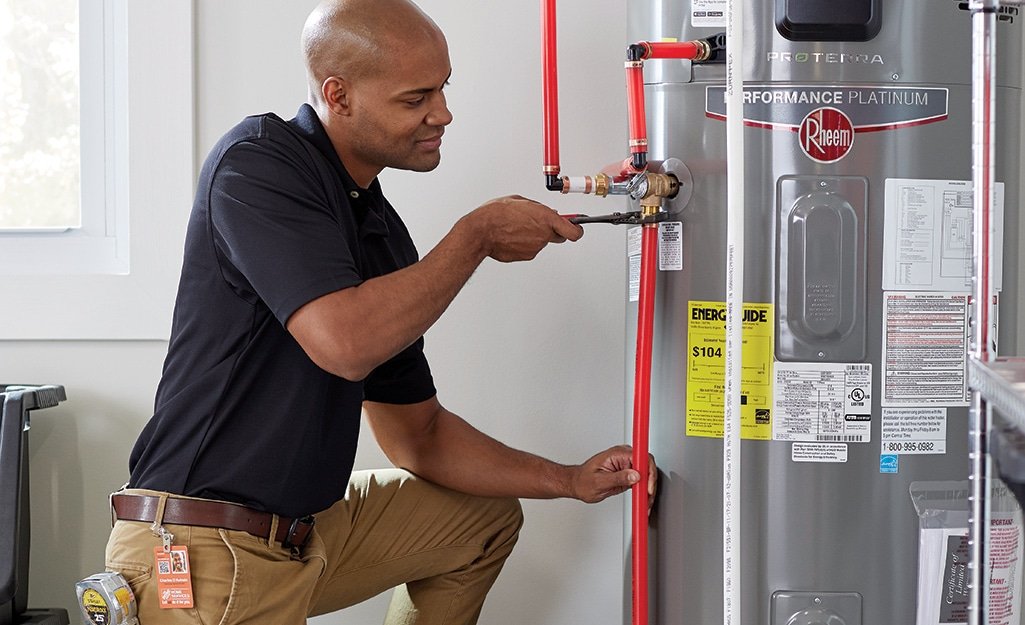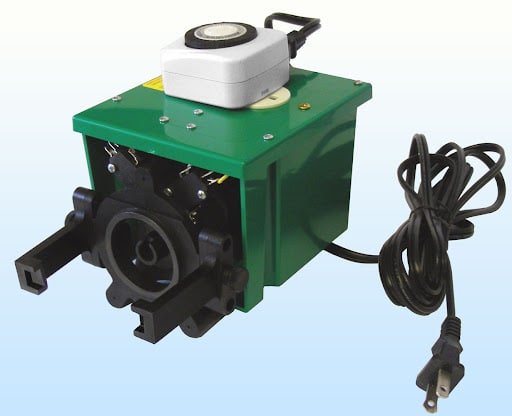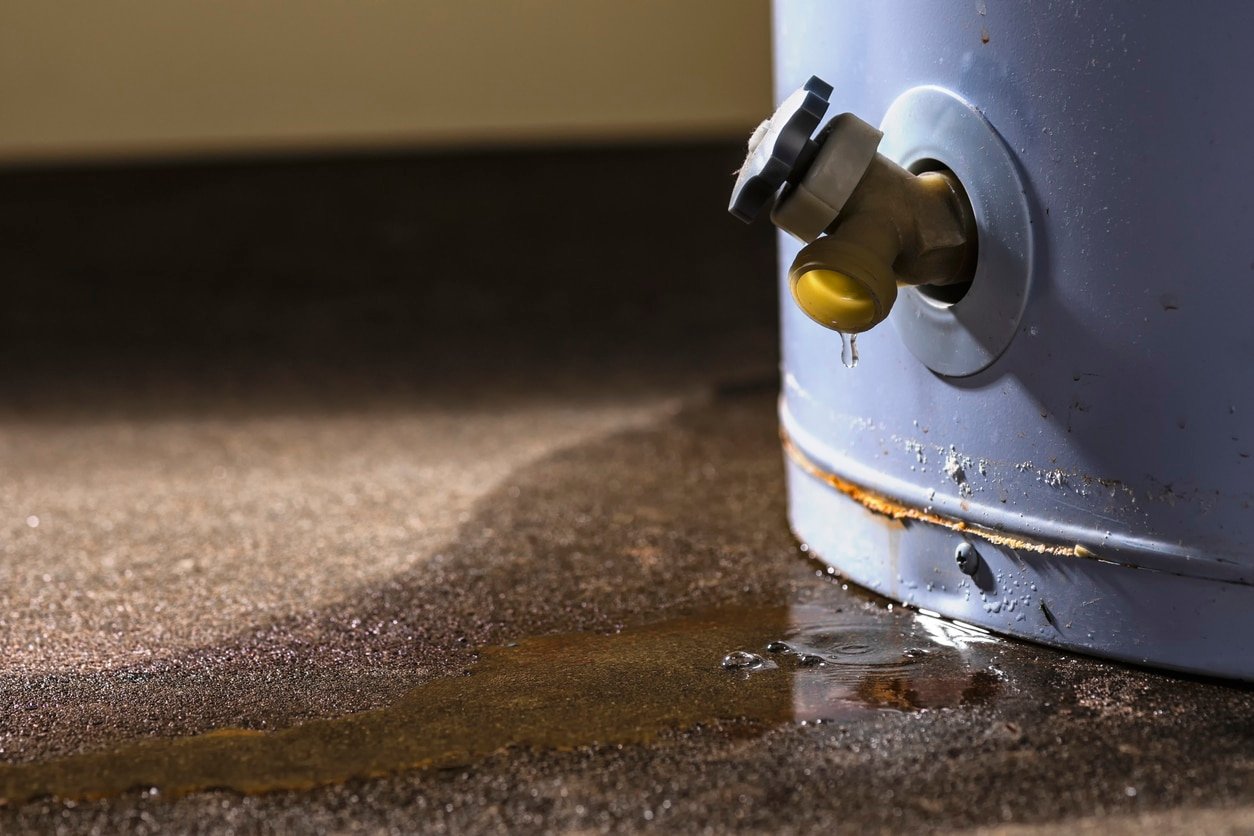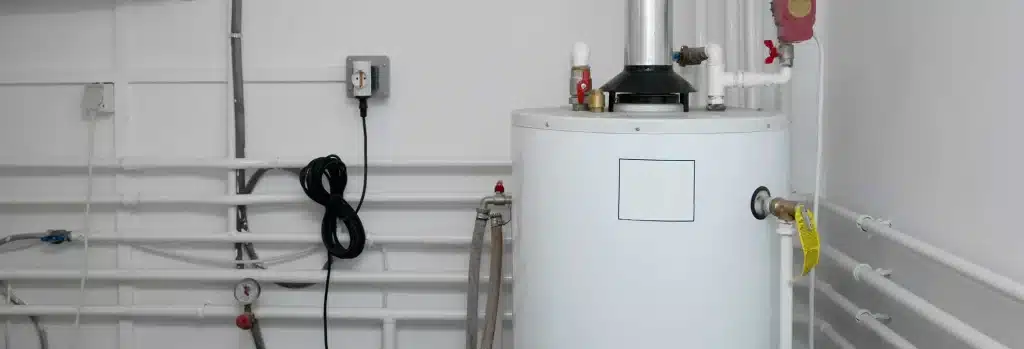In the realm of water heaters, gas water heaters stand out as efficient and cost-effective solutions. If you’re contemplating upgrading your water heating system, it’s essential to understand the intricacies of gas water heaters and how they can positively impact your energy bills. In this comprehensive guide, we’ll delve into the factors to consider when choosing a gas water heater and unveil smart strategies to save on your utility bills.
Understanding Gas Water Heater
Gas water heaters operate on the principle of burning natural gas or propane to heat water. This process is not only quick but also energy-efficient, making gas water heaters a popular choice among homeowners. The key components of a gas water heater include the burner, pilot light, thermostat, and a tank to store the heated water.
Factors to Consider When Choosing a Gas Water Heater
Size Matters
Choosing the right size of a gas water heater is crucial for optimal performance. If the unit is too small, you may run out of hot water during peak usage times. On the other hand, an oversized unit could lead to unnecessary energy expenses. Consider the number of people in your household and your peak hot water usage times to determine the appropriate size.
Energy Efficiency Ratings
Gas water heaters come with Energy Factor (EF) ratings that indicate their efficiency. Higher EF ratings translate to lower energy consumption. When shopping for a gas water heater, opt for models with high EF ratings to ensure you get the most energy-efficient appliance.
Type of Gas Water Heater
There are two main types of gas water heaters: tankless (on-demand) and storage tank heaters. Tankless heaters heat water as it flows through, eliminating the need for a storage tank. While tankless models are more energy-efficient, storage tank heaters are generally more affordable. Consider your household’s hot water needs and budget to decide which type is the best fit.
Venting Options
Gas water heaters require proper ventilation to expel combustion byproducts. The venting options include atmospheric venting, power venting, and direct venting. Atmospheric venting relies on natural convection, power venting uses a fan, and direct venting pulls air from outside. Choose the venting option that suits your home’s structure and meets safety standards.
Warranty and Maintenance
Check the warranty offered by the manufacturer, as it reflects the confidence they have in their product. Additionally, inquire about maintenance requirements. Regular maintenance is crucial for the longevity and efficiency of your gas water heater.
Installation Tips for Water Heater

Professional Installation
While some homeowners may attempt to install a gas water heater themselves, it is highly recommended to hire a professional. Gas appliances involve potential safety hazards, and professional installation ensures compliance with local building codes and safety standards.
Location Matters
Choose an appropriate location for your gas water heater. It should be easily accessible for maintenance and repairs, and proper ventilation should be ensured. Additionally, consider installing a drip pan underneath to catch any potential leaks.
Insulation
To improve energy efficiency, consider adding insulation to the water heater and hot water pipes. This helps in maintaining water temperature and reduces heat loss, ultimately saving on energy costs.
Saving on Your Gas Water Heater Bill

Temperature Settings
Adjusting the temperature setting on your gas water heater can significantly impact your energy bills. Lowering the temperature to around 120°F (49°C) is generally sufficient for most households and helps prevent unnecessary energy consumption.
Insulate Your Water Heater Tank
If your gas water heater has a storage tank, insulating it can minimize heat loss. Specialized insulation blankets are available for this purpose, and they can be easily installed by homeowners.
Regular Maintenance
Performing regular maintenance on your gas water heater is not only crucial for its longevity but also for optimizing its efficiency. Flushing the tank annually removes sediment buildup, allowing the heater to operate more efficiently.
Install a Timer

Consider installing a timer for your gas water heater to control when it operates. This is particularly useful for families with predictable hot water usage patterns. The heater can be programmed to turn off during periods of low demand, reducing energy consumption.
Consider a Tankless Water Heater

If your budget allows, upgrading to a tankless gas water heater can result in significant energy savings. Since tankless heaters only heat water as needed, there is no standby heat loss associated with storage tank heaters.
Check for Leaks

Regularly inspect your gas water heater and surrounding pipes for any signs of leaks. Addressing leaks promptly not only conserves water but also prevents your gas water heater from working overtime, leading to energy savings.
Comparing Gas Water Heaters to Other Options
Gas vs. Electric Water Heaters
While gas water heaters are known for their efficiency, it’s essential to compare them with electric water heaters. Gas heaters typically have a lower operational cost, making them more cost-effective over time. However, electric heaters might be a better choice in areas where gas is not readily available or if installation costs for gas lines are prohibitive.
Environmental Impact
Consider the environmental impact of your choice. Gas water heaters are generally considered more environmentally friendly than their electric counterparts due to lower greenhouse gas emissions. However, advancements in electric water heater technology are making them more energy-efficient and eco-friendly.
Solar-Powered Water Heaters
For those inclined toward sustainability, solar-powered water heaters are a viable alternative. While the initial investment can be higher, solar water heaters harness energy from the sun, reducing dependency on traditional energy sources. In regions with abundant sunlight, this can lead to substantial long-term savings.
Financial Incentives and Rebates
Before making a final decision, research available financial incentives and rebates for energy-efficient appliances, including gas water heaters. Many governments and utility companies offer incentives to encourage homeowners to choose energy-efficient options. Taking advantage of these programs can significantly offset the initial cost of purchasing and installing a gas water heater.
Smart Technology Integration
Explore gas water heater models that incorporate smart technology. Some modern gas water heaters can be connected to smart home systems, allowing you to control and monitor the unit remotely. Smart features may include temperature control, leak detection, and energy usage tracking. Integrating these technologies into your home can enhance efficiency and convenience.
Long-Term Cost Analysis
While the upfront cost of a gas water heater may seem higher than other options, it’s crucial to conduct a long-term cost analysis. Consider the expected lifespan of the unit, maintenance costs, and energy savings over time. Often, investing in a higher-quality, more energy-efficient gas water heater proves more economical in the long run.
Emergency Preparedness
Gas water heaters can be a valuable asset during power outages. Unlike electric water heaters that depend on a continuous power supply, gas water heaters can continue to provide hot water during emergencies. This can be especially beneficial in regions prone to frequent power interruptions.
Consultation with Professionals

Before making a final decision, consult with professionals such as plumbers, HVAC technicians, or energy consultants. Their expertise can help you navigate the technical aspects of gas water heaters, ensuring that your chosen unit meets safety standards, local building codes, and specific requirements for your home.
Consideration of Local Climate
The local climate can influence the efficiency of a gas water heater. In colder climates, the heater may need to work harder to maintain desired water temperatures. Insulating pipes and the water heater itself becomes even more critical in such regions to minimize heat loss and maximize energy efficiency.
Educational Resources and Online Reviews
Take advantage of educational resources and online reviews to gather insights from other homeowners who have experience with gas water heaters. Real-world experiences can provide valuable information about the performance, reliability, and efficiency of different models and brands.
Conclusion
Choosing a gas water heater is a significant decision that requires careful consideration of various factors, including energy efficiency, environmental impact, financial incentives, and smart technology integration. By expanding your knowledge and exploring these additional points, you can make a well-informed decision that not only meets your hot water needs but also contributes to long-term cost savings and sustainability. Remember, investing time in research and consultation pays off when it comes to selecting the right gas water heater for your home.
Frequently Asked Questions (FAQs)
What is the typical lifespan of a gas water heater?
Ans: Gas water heaters generally have a lifespan of 8 to 12 years. Regular maintenance and proper usage can contribute to maximizing their longevity.
Are tankless gas water heaters more energy-efficient than storage tank heaters?
Ans: Yes, tankless gas water heaters are typically more energy-efficient because they only heat water as needed, eliminating standby heat loss associated with storage tank heaters.
Can I install a gas water heater myself, or should I hire a professional?
Ans: While some homeowners may have the skills to install a gas water heater, it is highly recommended to hire a professional. Gas appliances involve safety hazards, and professional installation ensures compliance with local codes and standards.
How can I tell if my gas water heater is experiencing a leak?
Ans: Regularly inspect for signs such as water pooling around the base of the heater, rust or corrosion on the tank, or a noticeable decrease in hot water supply. Addressing leaks promptly is crucial for both water conservation and energy savings.
To find out more, visit the article here


